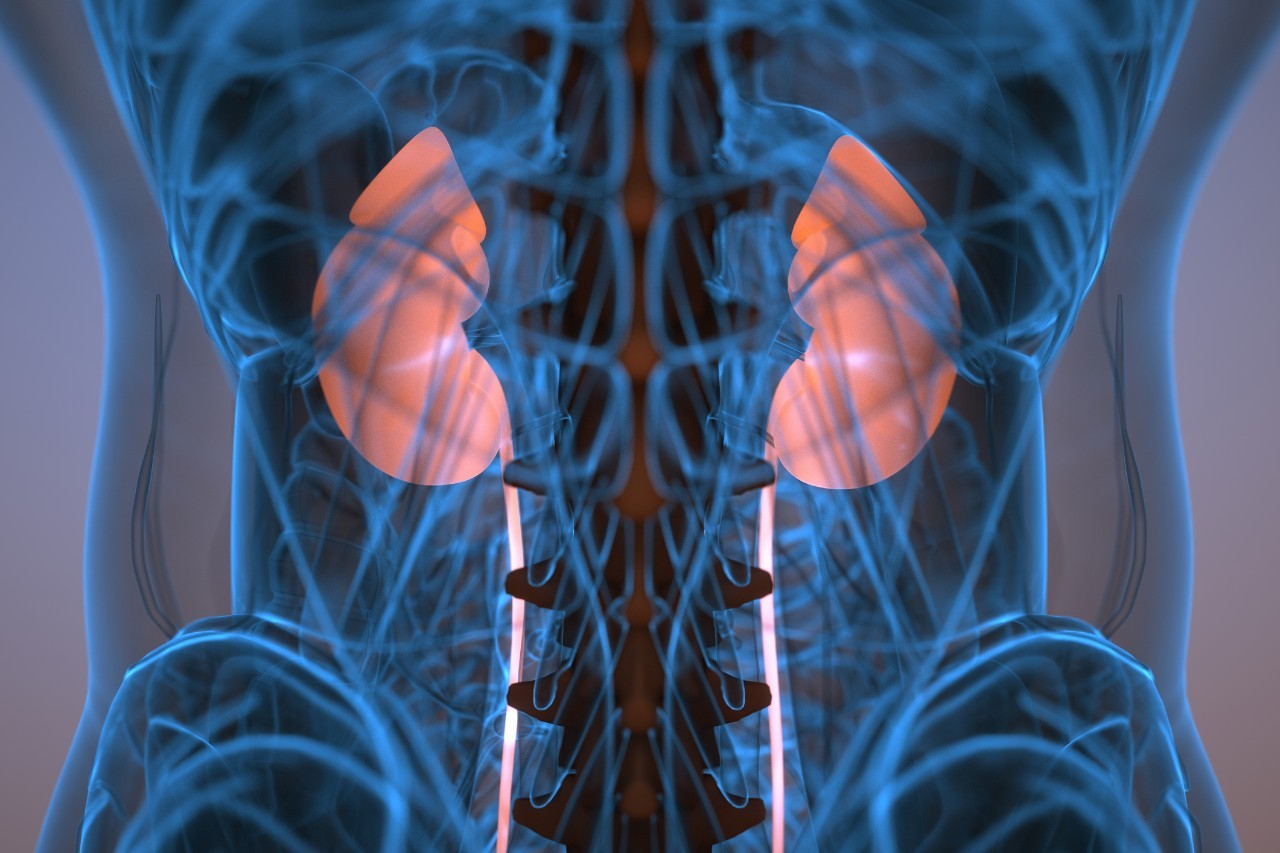
Impact of chronic kidney disease escalates around the world
UC medical expert says CKD burden is projected to rise
The impact of chronic kidney disease (CKD) keeps escalating around the world, and this burden is projected to rise with population growth and aging, according to a study published in BMC Public Health.
Even in countries with available clinical and epidemiological data, there is limited awareness among the public and health care decision makers, causing delayed diagnosis and progression to end-stage renal disease (ESRD). Despite treatment advances, substantial research gaps hinder efforts to address the CKD burden, particularly in underserved regions.
“The aging population, rising obesity rates and higher diabetes prevalence suggest that the CKD burden will continue to grow,” Prakash Gudsoorkar, MD, a University of Cincinnati College of Medicine associate professor of nephrology and medical lead for the onconephrology service at UC Health recently told MedCentral. “These trends underscore the urgent need for early screening, improved diabetes and hypertension control and targeted interventions for at-risk populations."
Evidence from a 2024 consensus published in Nature suggests that the burden of CKD risk factors is rising rapidly in low-income and lower middle income countries, compounded by environmental risks, increased rate of infectious diseases and limited health care resources.
Gudsoorkar agreed, noting that other risk factors are of socioeconomic and racial disparity etiologies, including higher CKD prevalence in Black individuals due to APOL1 variants and health care barriers, which worsen outcomes.
“In addition, onconephrology, a highly specialized offshoot of nephrology, highlights the impact of kidney disease in cancer patients, with 12% to 25% developing stage 3 CKD or beyond due to the nephrotoxic potential of administered cancer therapies,” he said.
Gudsoorkar recommended primary care physicians educate patients on the importance of utilizing remote monitoring through wearable devices, telehealth consults, home-based blood pressure measurements and glucose trackers for enhanced disease management.
“To improve CKD outcomes, encourage CKD patients and those at risk of the condition to adopt plant-based, Dietary Approaches to Stop Hypertension (DASH) or Mediterranean diets, which studies have proven to help achieve 5% to 10% weight loss. In addition, policies addressing occupational heat stress and hydration may help prevent CKD of unknown origin,” he said.
Featured image at top: iStock.
Related Stories
Before the medals: The science behind training for freezing mountain air
February 19, 2026
From freezing temperatures to thin mountain air, University of Cincinnati exercise physiologist Christopher Kotarsky, PhD, explained how cold and altitude impact Olympic performance in a recent WLWT-TV/Ch. 5 news report.
Blood Cancer Healing Center realizes vision of comprehensive care
February 19, 2026
With the opening of research laboratories and the UC Osher Wellness Suite and Learning Kitchen, the University of Cincinnati Cancer Center’s Blood Cancer Healing Center has brought its full mission to life as a comprehensive blood cancer hub.
Generous gift supports renovations to UC Blue Ash Veterinary Technology Building
February 18, 2026
A longstanding relationship between Greenacres Farm in Indian Hill and the Veterinary Technology Program at UC Blue Ash College has led to a generous gift that will support a major renovation project.
